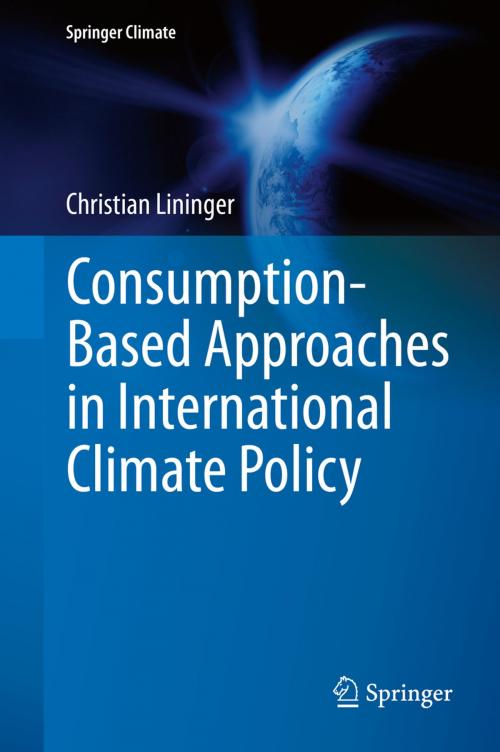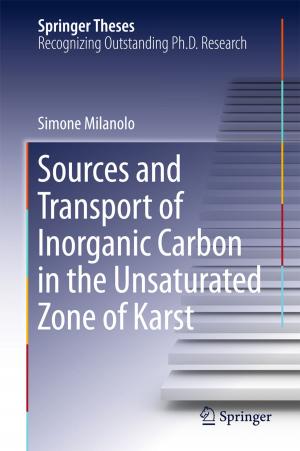Consumption-Based Approaches in International Climate Policy
Nonfiction, Science & Nature, Science, Biological Sciences, Environmental Science, Business & Finance, Economics, Nature| Author: | Christian Lininger | ISBN: | 9783319159911 |
| Publisher: | Springer International Publishing | Publication: | March 13, 2015 |
| Imprint: | Springer | Language: | English |
| Author: | Christian Lininger |
| ISBN: | 9783319159911 |
| Publisher: | Springer International Publishing |
| Publication: | March 13, 2015 |
| Imprint: | Springer |
| Language: | English |
This book analyses the potentials and consequences of a change from production-based to consumption-based approaches in international climate policy. With the help of an analytical model, the author investigates the effects of different policy variants on environmental effectiveness, cost-effectiveness, carbon leakage, competitiveness and the global distribution of income. The economic, legal and political background and the often contradictory findings on consumption-based approaches are reviewed in great detail. In the final chapters, options for practical policy design are developed. The book concludes that a switch to consumption orientation is not a policy tool whereby industrialized countries can unilaterally improve climate policy effectiveness, but should rather be seen as a possible intermediate step on the way to a fully multilateral mitigation strategy.
This book analyses the potentials and consequences of a change from production-based to consumption-based approaches in international climate policy. With the help of an analytical model, the author investigates the effects of different policy variants on environmental effectiveness, cost-effectiveness, carbon leakage, competitiveness and the global distribution of income. The economic, legal and political background and the often contradictory findings on consumption-based approaches are reviewed in great detail. In the final chapters, options for practical policy design are developed. The book concludes that a switch to consumption orientation is not a policy tool whereby industrialized countries can unilaterally improve climate policy effectiveness, but should rather be seen as a possible intermediate step on the way to a fully multilateral mitigation strategy.















